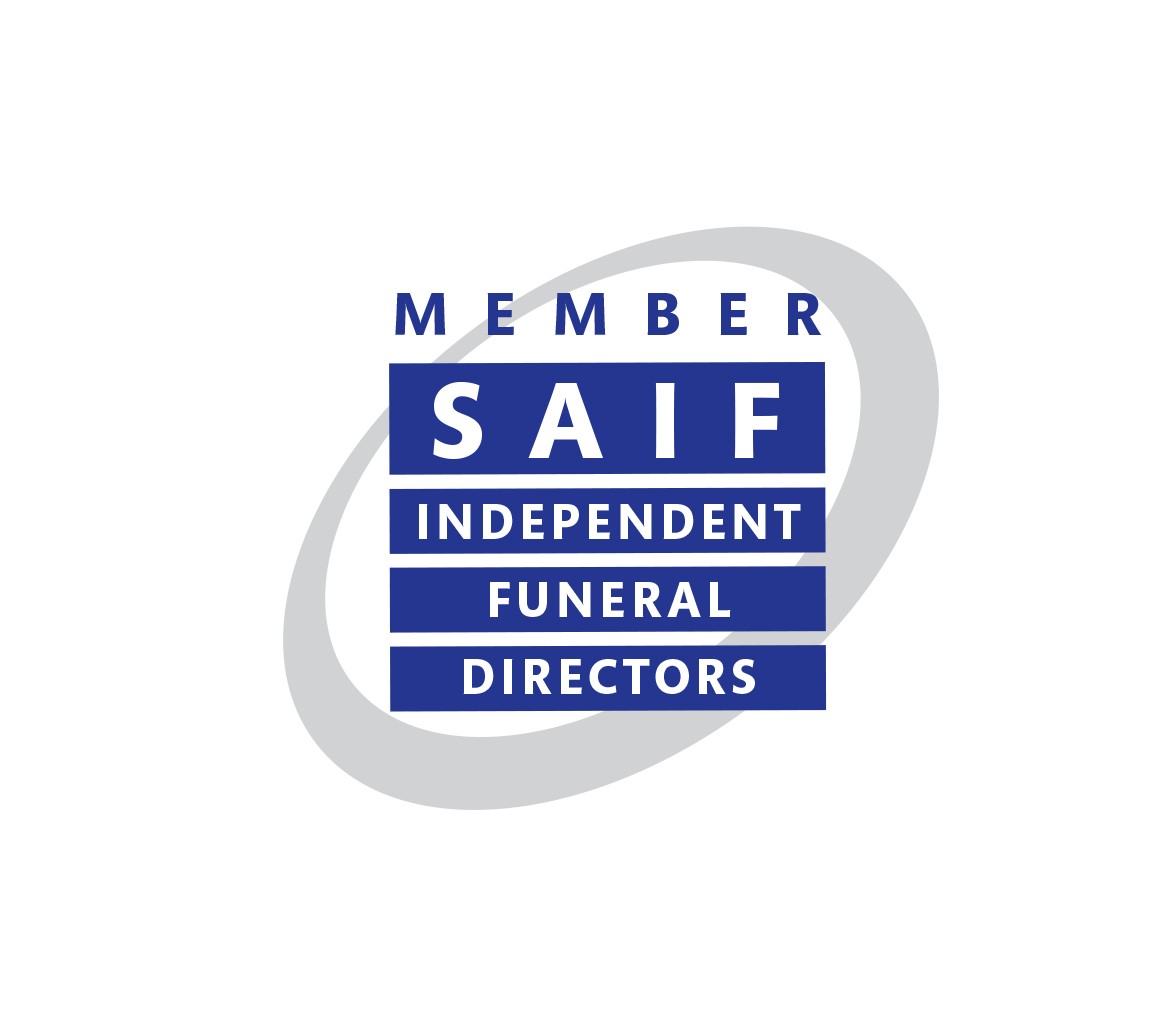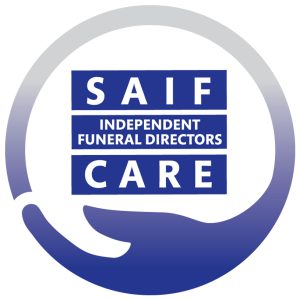Registering a Death
Who can register a death?
The people legally allowed to register a death are, in order of preference:
- a relative;
- a person present at the death;
- the occupier of the premises where the death occurred if he/she were aware of the death (this means a senior representative of any establishment, such as a nursing home or hospital; if the death occurred in a house, any person who either owns it or is liable for its entire rent, or for the rent of the part in which the death occurred);
- the person responsible for arranging the funeral (this is not the Funeral Director, but the person instructing them).
How do I register a death?
You are able to register at a Registry Office. All registrations are by appointment only. Please wait for one of the team to call you to make the appointment. The registration process can take up to 40 minutes to complete. At the end of the appointment, the Registrar will also issue you with a unique number on a letter, with some guidance on how to complete the Tell Us Once service – notifying various Government departments of the death – in one simple online submission. You will be advised by the Registrar to submit details to the Tell Us Once service within 28 days. We will need the following information in order to process the registration:
- the date and place of death;
- the forename(s) and surname of the deceased and, if the deceased was a woman who had been married, her maiden name;
- the date and place of birth of the deceased;
- the occupation, and if the deceased was married or widowed or had a civil partner, the full name and occupation of their wife or husband;
- the usual address of the deceased;
- if the deceased was married or in a Civil Partnership, the date of birth of the surviving spouse; whether the deceased was in receipt of a pension from public funds; for example, if they or their spouse were employed by a Government department or the armed forces:
- the NHS number taken from the Medical Card of the deceased. Documents to bring with you to your appointment:
- the medical certificate of cause of death issued by the doctor (if there has been a Coroner’s post-mortem, the Coroner’s officers will advise you);
- the deceased’s Medical Card, if it is readily available;
- birth and marriage certificates are also useful as a checking aid, if readily available; some money, for if you wish to purchase certified death certificates; it is important to remember that you are not given a death certificate free of charge; any certified copy certificates issued have to be paid for. We will provide you with the following documents:
- a certificate for burial or cremation (green form) – this is for you to take to the Funeral Director so that the funeral can take place (in some cases, this will be issued by the Coroner);
- a certificate of registration of death (form BD8/344) – this is for Social Security purposes to inform them of the death, if needed; certified death certificates can be purchased from the Registrar at the time of registration. These may be required to deal with such things as solicitors, banks, building societies, insurance policies and probate requirements.
The Coroner
- When a death occurs in the following circumstances, it will be referred to the Coroner:
- the death is sudden and unexpected,
- the cause of death is industrially-related,
- the cause of death is unknown, there are suspicious circumstances surrounding the death,
- when a doctor has explained that they are unable to issue a medical certificate of cause of death
If your loved one passes away unexpectedly then the process of what to do next is slightly different. The death will be referred to the HM Coroner who will have full control over paperwork and the release of your loved one into our care. Your loved one will remain at the local hospital where a post-mortem may be necessary. If a post-mortem is required, then this will have to happen before we can bring your loved one into our care. The coroner will be in contact with you to inform you on what is to happen next. In this case there will NOT be a Medical Certificate of Cause of Death certificate issued.


